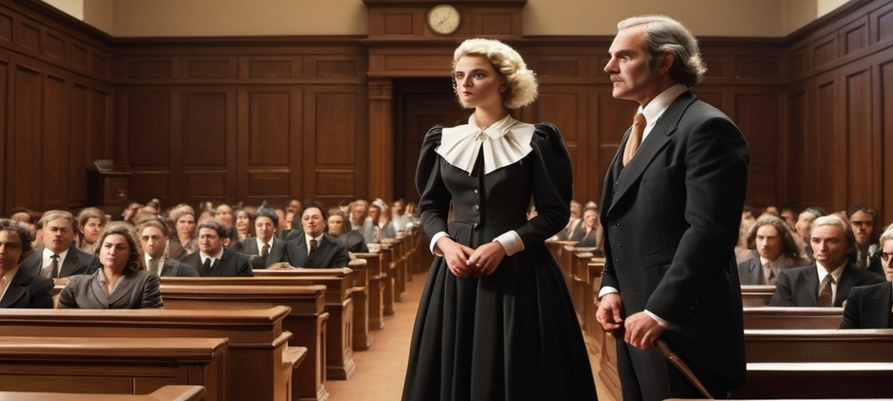About “Custody”
“Custody” is a poignant and gripping film adaptation of the true story written by D.K. Mason. Set in the 1970s in Australia and New Zealand, it follows the turbulent journey of Daniel Mason as he fights for custody of his young son, Oliver. This story sheds light on the challenges faced by fathers during custody battles and the systemic biases within the family court system.
Meet the Author D.K. Mason, born in 1944 in Bendigo, Australia, brings a deeply personal perspective to this narrative. His experiences and struggles reflect the broader issues many parents face in custody disputes.
Film Production Our dedicated team of filmmakers, actors, and crew are working tirelessly to faithfully bring this true story to life. Learn more about our production process, the cast, and the director’s vision for the film.

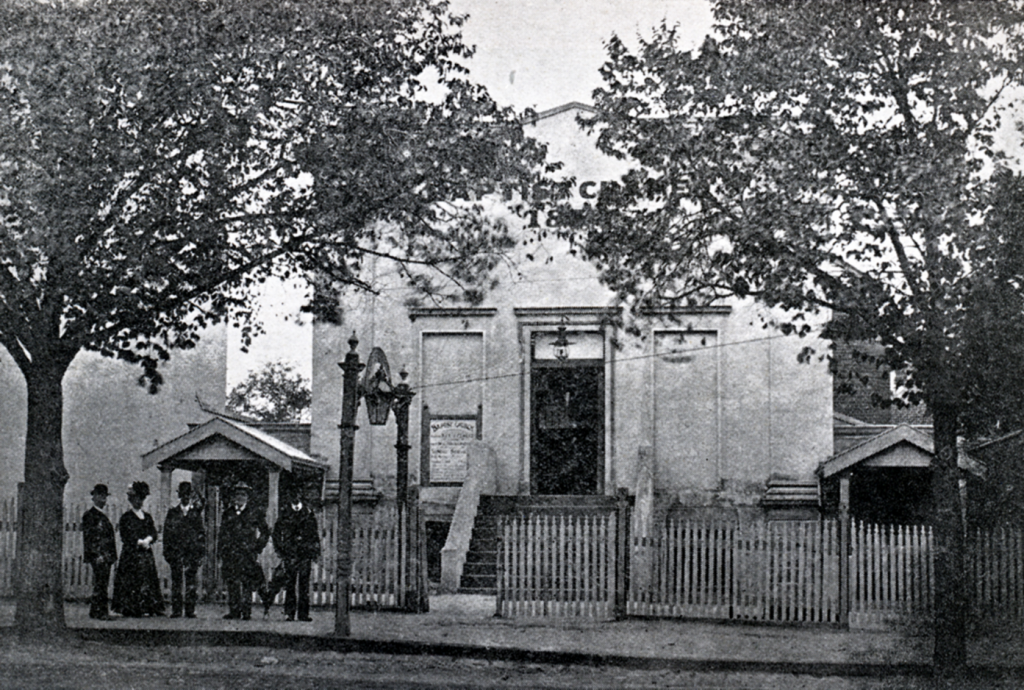
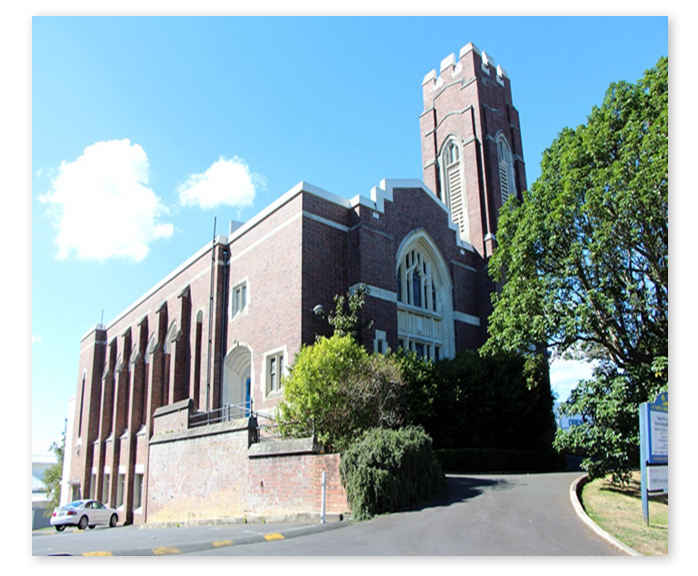
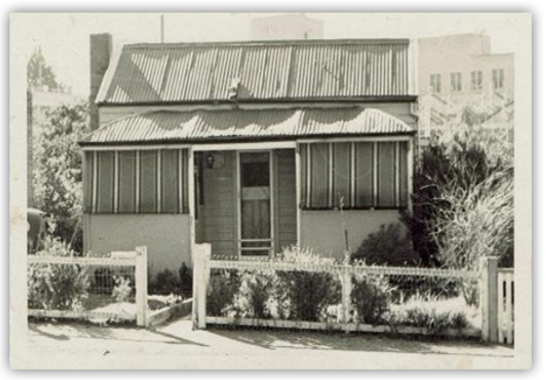
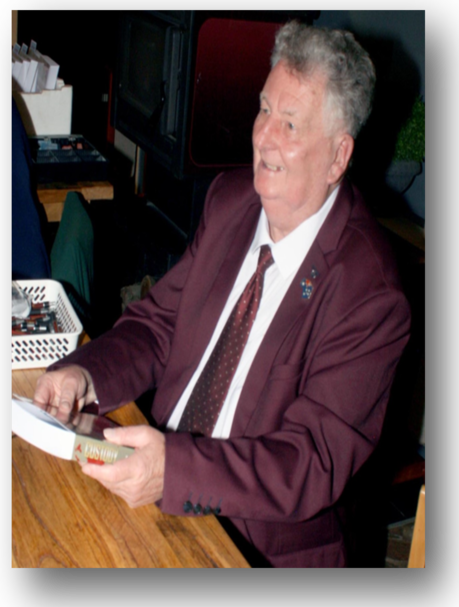
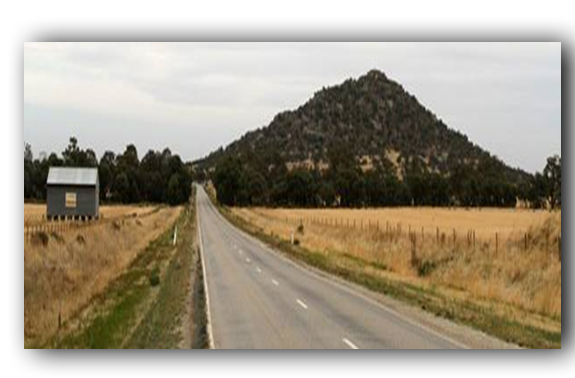
About the Author: Daniel K. Mason
Daniel K. Mason, the second youngest of thirteen children, was shaped by his early life experiences of loss and perseverance. When Daniel was just seven years old, tragedy struck as his father passed away at the age of 45. His father, a hardworking man with a market garden near Pyramid Hill, Victoria, left behind a grieving family, and Daniel’s mother faced the immense challenge of raising 13 children on her own. The impact of this loss was profound, influencing Daniel’s life and later work.
Raised in a small, humble home in Bendigo, Australia, Daniel found strength and support in the close-knit Baptist community. His mother, deeply rooted in the Baptist faith, ensured that her children were active participants in church life, despite the family’s financial hardships. The Baptist Church played a significant role in their lives, providing much-needed support during their toughest times, particularly after the death of Daniel’s father when welfare services threatened to take the younger children away.
These formative experiences of faith, community, and resilience laid the foundation for Daniel’s later success in business and his deep respect for people of all backgrounds, regardless of color, race, or religion. Daniel eventually built a successful career in business management and marketing, working with international companies across various countries before returning to Australia to run his own business. In the late 1980s, Daniel remarried and has remained happily married since.
The Book: Custody
Daniel K. Mason spent several years crafting his book, Custody: Blood is Thicker Than Water, which highlights the emotional trauma of divorce and the intense battles over child custody. Drawing from personal experiences, Daniel emphasizes the often-overlooked struggles fathers face in gaining custody or even access to their children. The book delves into the significant impact these conflicts have on children, challenging the stereotypes that portray men as villains or abusers in domestic disputes.
Through Custody, Daniel hopes to inspire fathers to fight for their rights and to shed light on the inequalities in the legal system when it comes to custody matters. The story reflects Daniel’s own journey through the court system, recalling the pain of losing his father and the subsequent battles with the welfare system.
Daniel’s experiences in Bendigo, Victoria, and later in Auckland, New Zealand, where he fought for custody of his son, form the backbone of this gripping narrative. His determination to secure the best outcome for his child led to encounters with legal obstacles, divine interventions, and eventually, the support of a distinguished lawyer who helped him navigate the legal system.
The Movie Adaptation
With the success of Custody: Blood is Thicker Than Water, Daniel K. Mason’s powerful story is now being adapted into a film. The movie will bring to life the emotional and legal struggles portrayed in the book, capturing the essence of a father’s love and the challenges he faces in the pursuit of justice for his family. Through this adaptation, the message of perseverance, equality, and the importance of fatherhood will reach an even broader audience.






